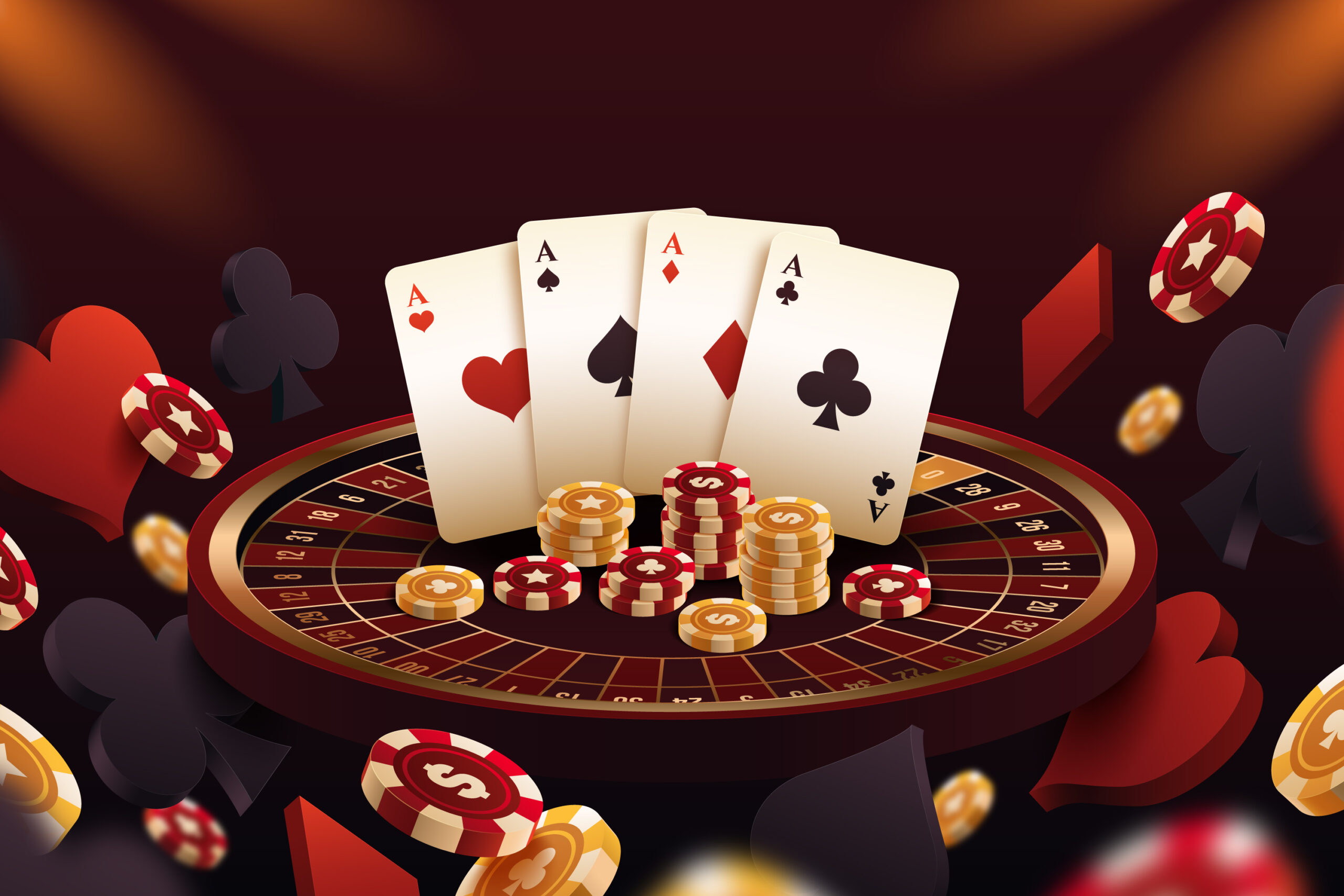No, Blackjack Strategy Isn’t Just About Studying Those Charts! You Also Need to Remember These Tips….
- 1 Basic Definitions
- 1.1 Stand:
- 1.2 Double:
- 1.3 Splitting Pairs:
- 1.4 Hard hand:
- 1.5 Soft hand:
- 2 Tips To Keep In Mind
- 2.1 When to Hit
- 2.2 When to Stand
- 2.3 When to Double Down
- 2.4 When To Split
- 2.5 Final Thoughts
Blackjack has captivated players for generations, offering novices and seasoned players alike a fast-paced and simple mode of entertainment, that’s both exciting and easily accessible. In this article, we will explore the rules and strategies of blackjack, providing you with the necessary knowledge and skills needed to become a successful player.
Remember, while strategy charts are practical to follow and can be used as useful resources, they’re not the ‘be all and end all’ to help you win at the game. Therefore, the next time you’re eyeing a no deposit bonus from a prominent casino, make sure you’ve taken note of the below pointers too…
Basic Definitions

As with any other game, it’s always advisable to ensure a clear understanding of the lingo used in the game. Here are the definitions of the main strategies used in blackjack:
Hit: This occurs when a player asks the dealer for another card.
Stand:
Choosing to stand means that a player wants to keep the cards they have and doesn’t want any additional cards.
Double:
Doubling down means that a player doubles their original bet and receives one more card from the dealer. This is a strategic move that allows players to take advantage of a strong hand.
Splitting Pairs:
If a player is dealt two cards with the same numerical value, such as two 9’s, they can split them into two separate hands. Each hand is played independently, but the bet on the second hand must be the same amount as the original stake.
Hard hand:
Also called a hard total. This refers to a hand in which there are no Aces or the Aces present are valued as 1 point each. For instance, a hand comprising an Ace, 7, and 10 is considered a hard 18 as the Ace’s value can only be 1 to avoid exceeding a total of 21 points.
Soft hand:
Also called a soft total. This refers to a hand that includes an Ace that can be valued at 1 or 11 without the total exceeding 21. For instance, a hand comprising an Ace and a 7 is a soft 18, while a hand with an Ace and a King is a soft 21 or Blackjack. Soft hands offer players greater flexibility and better decision-making options.
Tips To Keep In Mind
First of all, you shouldn’t only consider your own hand while playing blackjack, but also the dealer’s. The dealer’s visible card can have a big impact on how aggressively you play. If the dealer has a strong card, you might want to play more cautiously. On the other hand, if the dealer has a bad card, you can take fewer risks and hope that the dealer busts.
When to Hit
You should hit when you have a hand with a low total value, typically less than 12, and the dealer has a high up card (7 or higher). You should also hit when you have a hand with a total value of 12-16 and the dealer has a medium to high up card (7 or higher). Additionally, if you have a soft hand (an Ace and another card that can be counted as 1 or 11) and the dealer has a medium to high up card, you should hit. Finally, if you have a pair of Aces or eights, it is generally recommended to split them, but if the dealer has a high up card, you may want to hit instead.
When to Stand
In general, you should stand when you believe that your hand is strong enough to beat the dealer’s hand, or when you are afraid of busting (going over 21) if you take another card. However, as a rule of thumb, you should stand if you have a hard total of 17 or higher, and if you have a soft total (an Ace and one or more other cards that add up to a total value) of 18 or higher. Taking another card, regardless of the dealer’s hand, won’t benefit you in any way; in fact, you risk going over 21 and losing the game. Therefore, it’s best to stand in such situations.
When to Double Down
Doubling down can be a smart move when you need one more card to improve your hand significantly. For example, if you have a total of 10 or 11 with your two initial cards, a face card or a 10 will give you a total of 20 or 21. Doubling down can also be advantageous if the dealer has a weak starting card, like a six.
Beginners should double down when they have 11, unless the dealer has an ace, or when they have 10, unless the dealer has a 10 or an ace. Beginners could also consider doubling down with a nine if the dealer has a poor starting card, such as a three, four, five, or six.
When To Split
You may be familiar with the phrase, “Always split aces and eights.” This is a good rule to follow, but you should also consider splitting nines, sevens, sixes, threes, and twos if the dealer has a card between two and six. Another useful tip is to never split a pair of fives or tens.
Final Thoughts
The tips provided are meant as guidelines, and ultimately, it’s important to base your moves on the dealer’s upcard and your personal strategy.
Setting a specific amount of money you’re willing to lose beforehand is also a good idea, but make sure you stick to that amount regardless of your emotions or game outcomes.
Additionally, avoiding excessive alcohol consumption is key to all games, but especially in a strategy game like blackjack, which calls for a focused and alert mind that can make rational decisions.
Finally, it’s important to avoid giving in to other players’ pressure to make quick decisions; instead, stick to your strategy and increase your potential for significant winnings.

















